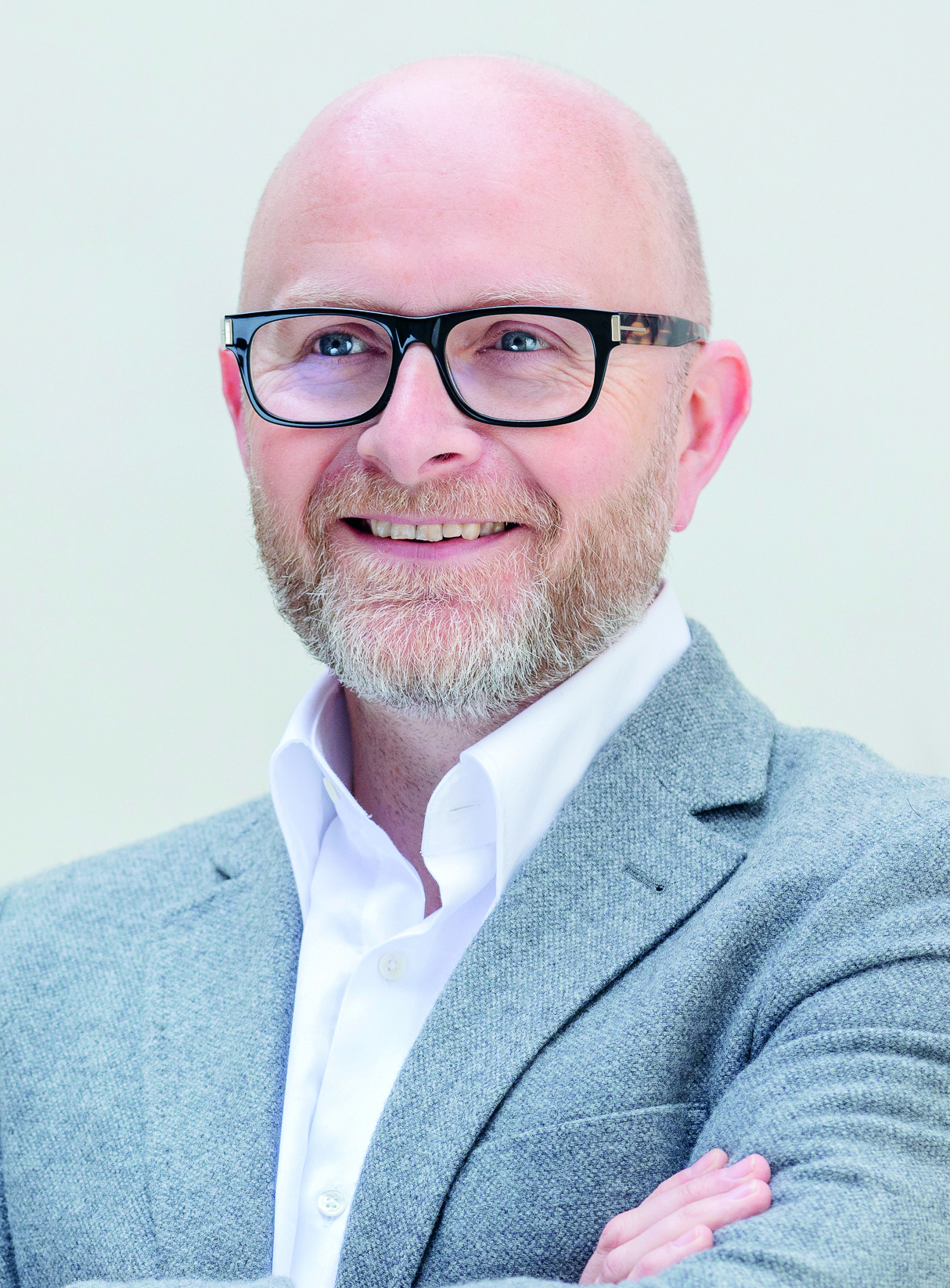
 James Hempsall
James Hempsall
Unbelievably we are approaching three years since the start of the pandemic, and naturally we remain in the grip of its impact on all aspects of our work and lives. We are all busy doing what we can to counter this and help children and families through high-quality early years and childcare provision, and wider services. That must remain our primary focus.
To do that we must look after ourselves. I am certainly expecting to continue supporting children, families, practitioners and providers to cope both in wellbeing and in business terms, and indeed thrive, despite the enormous challenges we all face socially, professionally, educationally and economically. That is a huge task, we can all agree on that.
Register now to continue reading
Thank you for visiting Nursery World and making use of our archive of more than 35,000 expert features, subject guides, case studies and policy updates. Why not register today and enjoy the following great benefits:
What's included
-
Free access to 4 subscriber-only articles per month
-
Unlimited access to news and opinion
-
Email newsletter providing activity ideas, best practice and breaking news
Already have an account? Sign in here
